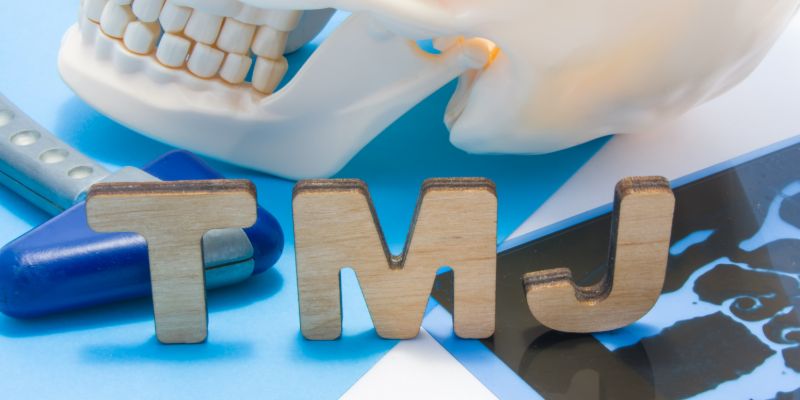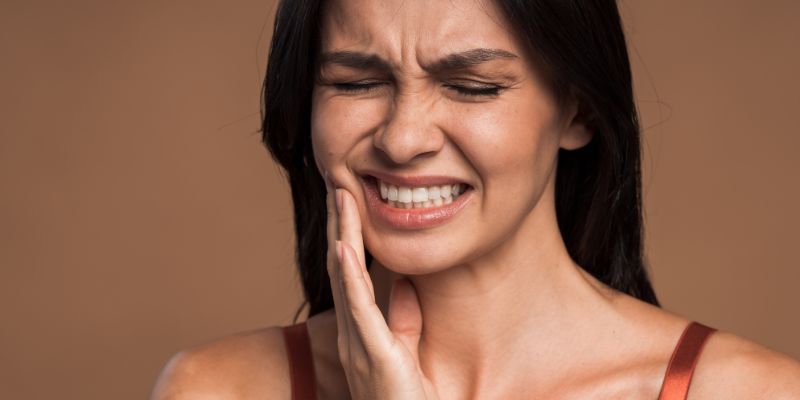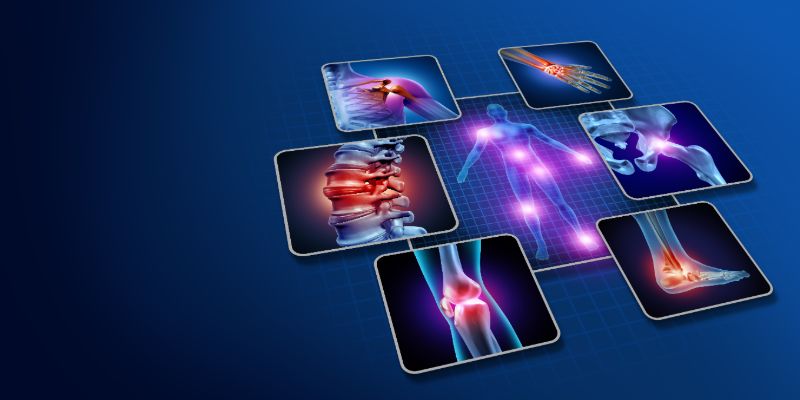Protect Your Smile’s Foundation
Dental health doesn’t end at your teeth and gums. To ensure your optimal oral wellness, experienced dentists like Dr. Steinbach and Dr. Van Gorden also examine your jaw to ensure that the foundation of your smile is functioning properly. Your jaw’s health can impact the structure of your teeth, which is why our professionals at Elevate Dental Wellness make sure that the bone is in peak condition.
When your jaw experiences excess pressure due to trauma or stress, this can lead to pain or discomfort simply from eating and sleeping. When this occurs, one of our expert dentists will check for signs of temporomandibular joint disorder (TMD).





